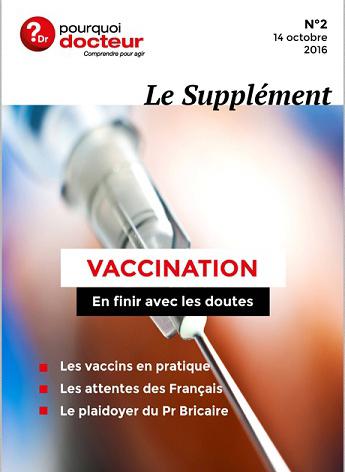The Occitanie Regional Health Agency is sounding the alarm bells in the face of the increase in measles cases, and reminds that the only protection is vaccination.

Measles is spreading in Occitania. The regional health agency (ARS) is worried about a resurgence of cases in recent weeks, favored by insufficient vaccination coverage.
“Wrongly considered as benign, it is a disease which can cause, in particular in infants and adults, serious complications such as pneumonia or encephalitis”, recalls the ARS in its press release. Measles manifests as a high fever, preceding a rash, and is accompanied by nasopharyngitis or conjunctivitis. Highly contagious, measles can be transmitted before pimples appear. By coughing, sneezing, hands or objects soiled by the virus. A patient can thus infect 15 to 20 people.

Only vaccination can protect the entourage against this viral pathology. However, this vaccine, recommended from one year of age, and in adults born after 1980, is insufficiently administered. According to the latest estimates from the Institute for Public Health Surveillance, nearly 90% of children born in 2013 received the first dose of the measles-mumps-rubella (MMR) vaccine, but only 66% received the second dose.
Among children of primary school age, 8 out of 10 have received a full vaccination schedule. “The vaccine is particularly important when the child is in a community because it can infect children too young to be vaccinated to be vaccinated (before 1 year), more vulnerable to the disease”, notes the ARS Occitanie, which adds that Health Insurance reimburses 100% for the two doses of vaccine up to the age of 18.
Measles concerns WHO
Occitania is not the only region affected by a measles outbreak. The French Institute for Public Health Surveillance has identified 79 cases of the 1er January to February 28, 2017, that is to say as much as for the whole of 2016. The vast majority of these cases occurred in Lorraine where an epidemic outbreak was declared.
A strong increase which shows that the virus is still actively circulating in several departments. “France is therefore not immune to a new large-scale epidemic, such as those currently observed in several European countries” warns the Institute for Public Health Surveillance.
In January 2017 alone, 559 cases were recorded in Europe, the European office of the World Health Organization (WHO) announced at the end of March. The most significant outbreaks are in Romania, where more than 3,400 people were infected between January 2016 and March 2017, of which 17 died. Italy is also very affected: 238 people were infected in January, and almost as many in February, according to the WHO.

.

















